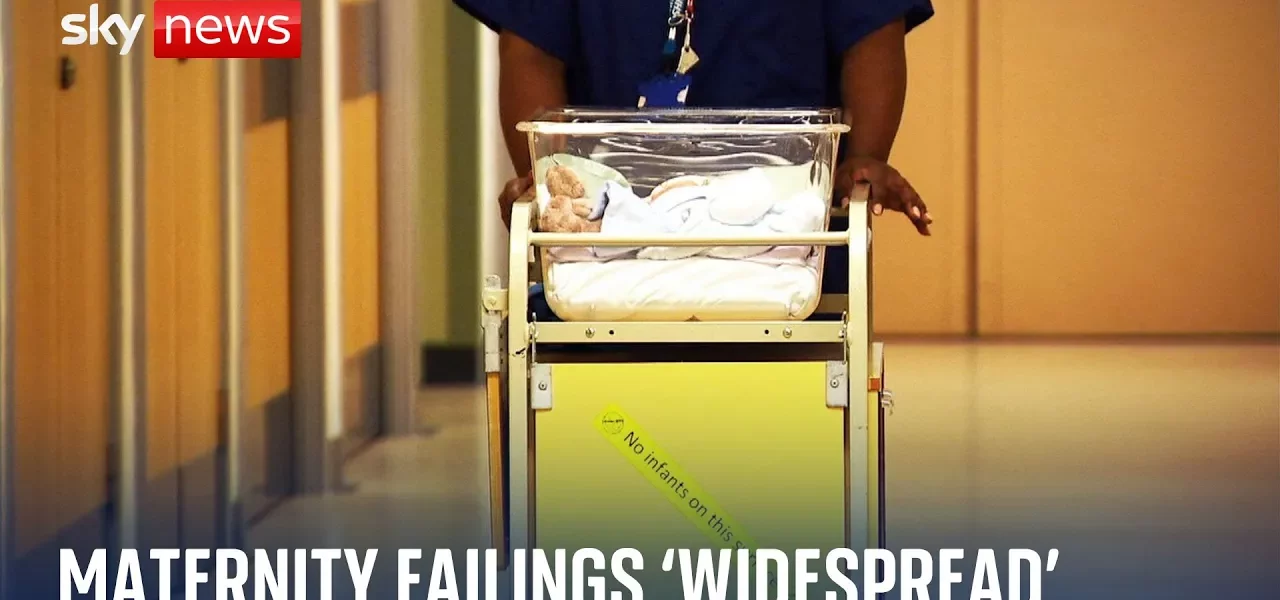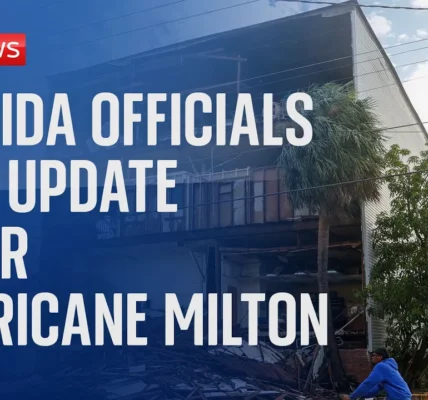Ranna’s Story: A Heartbreaking Account of Maternity Care Failures

This article delves into Ranna’s tragic experience after losing her baby Kate shortly after birth, shedding light on significant failings within the maternity care system in England. It reflects on systemic issues identified by the Care Quality Commission (CQC) and calls for urgent reforms to improve maternal health and safety.
Introduction
Ranna’s heart-wrenching account of her experience in the maternity care system serves as a poignant illustration of the broader systemic failures that have been documented by the Care Quality Commission (CQC). Her story is not an isolated incident; it is part of a troubling trend that highlights inadequacies in care that have led to devastating outcomes for mothers and their babies. The CQC’s recent report reveals alarming statistics and personal testimonies that expose the urgent need for reform within the NHS maternity services.
The Tragic Loss of Baby Kate
Ranna’s ordeal began with the birth of her daughter Kate, who tragically died within hours. This section explores the circumstances leading up to this heart-breaking event.
Initial Care and Neglect
Upon giving birth, Ranna experienced a series of failings that would haunt her forever. Key points of neglect included:
- The midwife’s decision to send Ranna for a bath shortly after delivery.
- Placing baby Kate in a cold cart instead of a heated cot, which is crucial for maintaining an infant’s body temperature.
- Leaving Kate unattended in a side room, which exacerbated the situation.
The Aftermath of Loss
Ranna was separated from Kate and taken to a different hospital. Tragically, she was only reunited with her daughter after Kate had already passed away. This separation added to the trauma Ranna endured, leaving her with a sense of helplessness and grief that persists to this day.
Systemic Issues in Maternity Care
The CQC’s report highlights that Ranna’s experience is not unique, but rather part of a larger pattern of systemic issues within maternity care across England.
Findings from the Care Quality Commission
The report from the CQC outlines several alarming statistics and observations:
- No maternity practices in England were rated as “outstanding” for safety.
- Nearly half of the 131 locations inspected required improvement.
- Common complaints included unsanitary conditions, with reports of beds soaked in blood, and staff exhibiting racist and rude behavior.
Impact on Mothers and Families
The report also discusses the long-term trauma faced by families due to inadequate maternity care. Many women have expressed feelings of ridicule and lack of support, leading to:
- Increased mental health issues.
- Distrust in healthcare professionals.
- A sense of isolation during a critical time in their lives.
Calls for Change and Improvement
In light of these findings, the Health Secretary has described the situation as a “cause for national shame,” emphasizing the need for rapid improvements in maternity care.
Recommendations from the CQC
The CQC has made several recommendations aimed at improving care, yet critics argue that these measures are insufficient. Key recommendations include:
- Enhanced training for staff to ensure compassionate care.
- Regular inspections and accountability for hospitals.
- Development of support systems for mothers experiencing trauma.
The Need for Urgent Action
With the CQC warning that without significant changes, poor care could become the norm, it is essential that immediate action be taken to address these systemic issues. Ranna herself has stated that the reality of maternity care already feels like a norm of negligence.
Conclusion
Ranna’s heartbreaking experience serves as a stark reminder of the deficiencies in the maternity care system in England. The findings from the CQC underscore the urgent need for reform to ensure safe, personalized, and compassionate care for all mothers and their babies. It is crucial for stakeholders, including healthcare providers and policymakers, to take these findings seriously and work collaboratively towards meaningful improvements. We encourage readers to share their stories, advocate for change, and support initiatives that aim to enhance maternal health and safety.
“`




